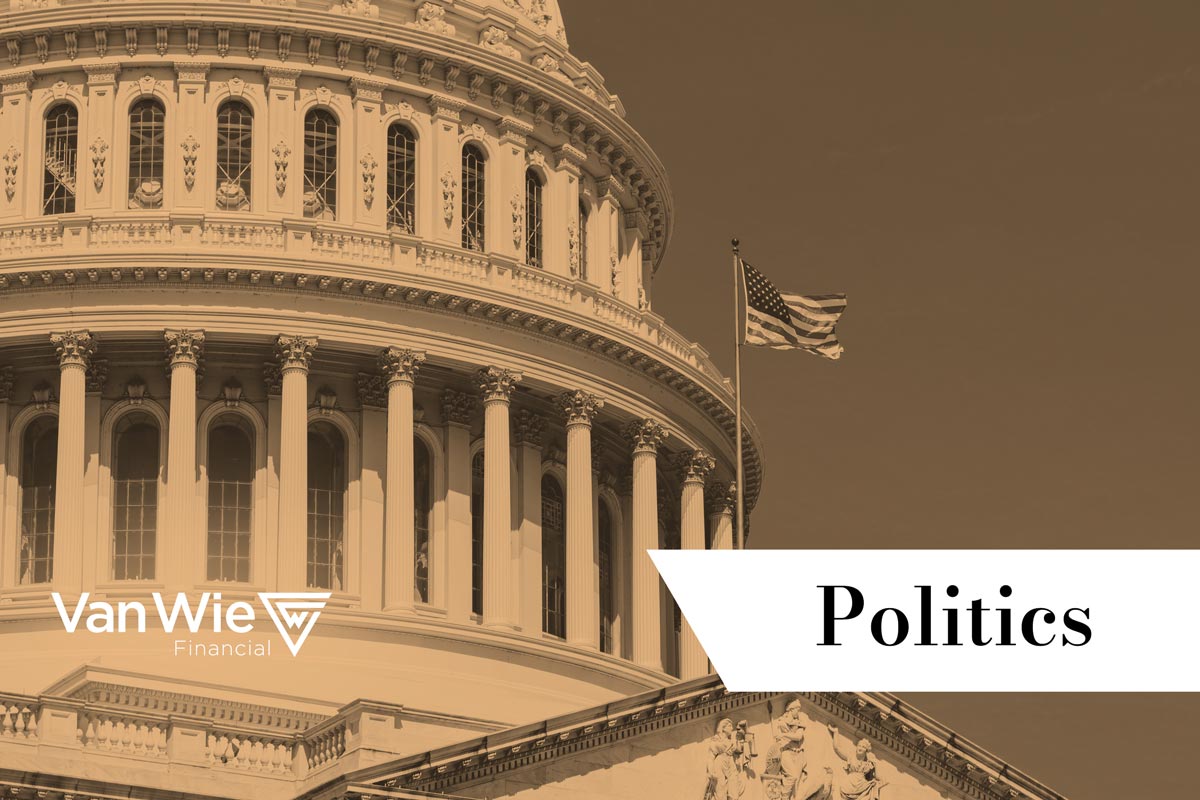Americans are concerned about their futures, far more so than any time in the past several years. Much of today’s economic environment reminds me of the 1970s, and if there is any period of my life that I do not care to revisit, it would be the Richard Nixon through Jimmy Carter era. In far too many respects, today’s America evokes bad memories from that period.
Ronald Reagan summed it up better than I ever could when he made this memorable observation; “Recession is when your neighbor loses his job. Depression is when you lose yours. And Recovery is when Jimmy Carter loses his.” Food for thought, to be sure, as today’s similarities are uncanny.
Recessions were prevalent in the 1970s and 1980s. The Oil Embargo of 1973 (thanks, OPEC) began the longest slump, which ran from November 1973 to March 1975. It was exacerbated by Richard Nixon’s Wage and Price Controls, from which emanated the pejorative term stagflation (rising prices without economic growth).
1980 brought another, albeit short, recession, from January to July. This one was triggered by the Iranian Revolution, which Carter bungled badly. Things went from bad to worse in July of 1981, when the so-called “Double Dip Recession” launched an era of prolonged contraction. This long economic downturn ended thanks to Reagan’s conservative economic policies. Unfortunately, Congress delayed the implementation of Reagan’s policies, extending the misery for many months.
Recessions occur naturally every so often in a large and complex economy. Despite efforts by the Federal Reserve (FED) to keep our economy on a growth path, and contrary to Bill Clinton’s claim that he repealed the business cycle, ups and downs are inevitable. It remains the responsibility of elected officials to react by implementing policy changes as needed to limit the depth and duration of bad economic times. Today, that is NOT happening.
Most of us were caught off guard when the First Quarter of 2022 GDP growth was reported as negative. Few of the classic signs of recession were evident, despite supply chain problems and accelerating inflation. But, the accepted definition of a recession is negative GDP growth for two consecutive calendar quarters. Will Q2 of 2022 produce a second negative number and confirm a recession? Does it really matter?
Whatever we call this period, when we look back at record gas prices, falling real wages, and general unrest, it will matter very little in the history books. All we know, and all we need to know, is that Americans are frustrated and angry. This will doubtless be reflected at the polls in November. Recession or not.
Van Wie Financial is fee-only. For a reason.



